Speak Life. Live Truth. Love Well.
We had a great time looking at what it means to Speak Life to yourself and others. We learned how to harness the power of our words to speak light and life and joy into the lives of others. Next we explored the concept of how to Live Truth. It's one thing to know what's right and valuable, it's another thing to live it. We looked into issues like hypocrisy, cause-and-effect, and our higher calling.
Now this post will tackle the most important topic of learning to Love Well. When I think of the phrase: Love well, certain words pop into my mind.
Love of others.
1. Selflessness. This is the most important characteristic in loving others. Putting other people's needs above your own is the proof of selflessness.
2. Empathy. Laugh when they laugh; Cry when they cry. Empathy is a physiological response to the joy and pain of others.
3. Grace. Grace is a powerful tool because it frees you from the burden of anger and expectations. It allows you to love freely.
Love of life.
1. Abandon. Let go of constraints. Throw your head back and letting the sun warm your cheeks. Feel the wind at your back as you race ahead, not knowing what's at the next turn, but eager to find out. Release.
2. Experiences. Chase new things and enjoy the mysteries of life for yourself. Try new things, taste new foods. Expand your horizons.
3. Gratitude. In all things, be thankful. We are not guaranteed another moment on this earth, so make each one count and let thankfulness fill your soul.
Love of self.
1. Physical health. Taking care of your physical body is the most basic manner of loving yourself. Eat right; move your body; raise your heart rate. And even in this rat race society, make it a priority to get enough sleep.
2. Strong faith. Statistics show that people with firm beliefs are generally more confident and at peace. Pursue truth and hold tightly to it.
3. Authenticity. If you LOVE yourself, you're not afraid to BE yourself. Live transparently and let people in.
Onward!
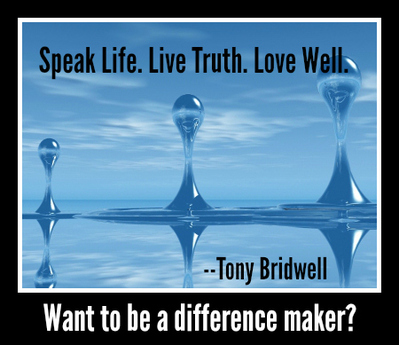
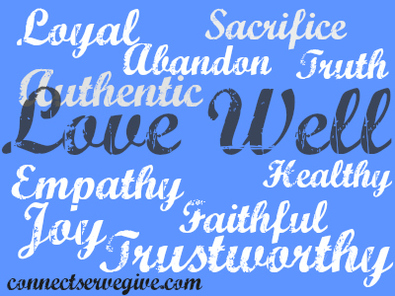
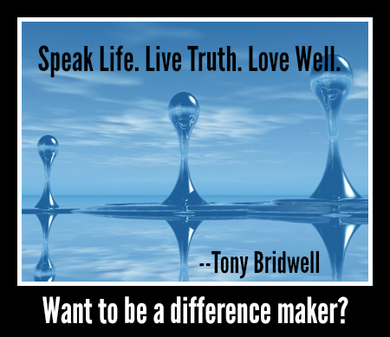
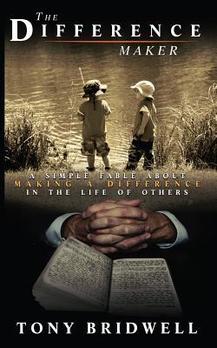
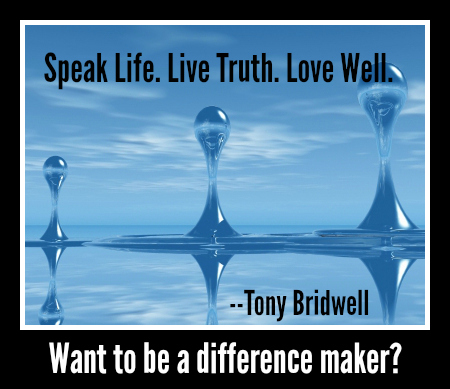
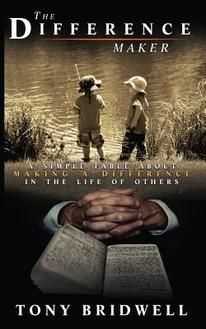
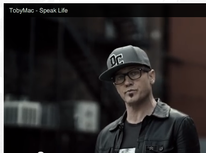
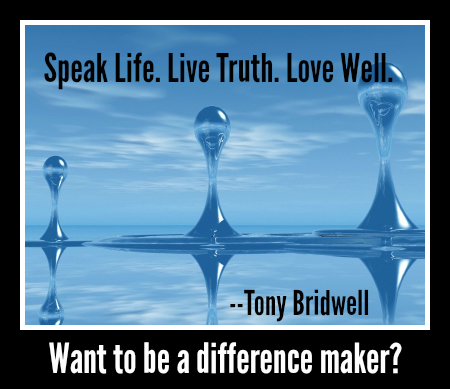
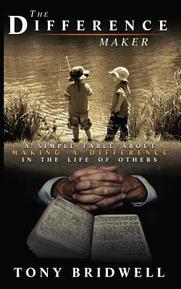



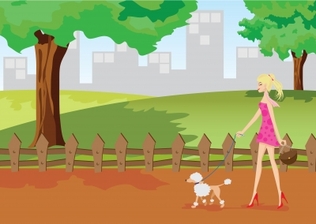
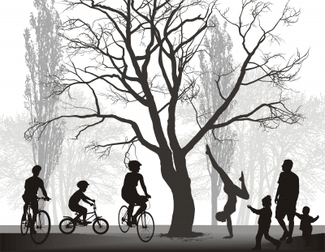

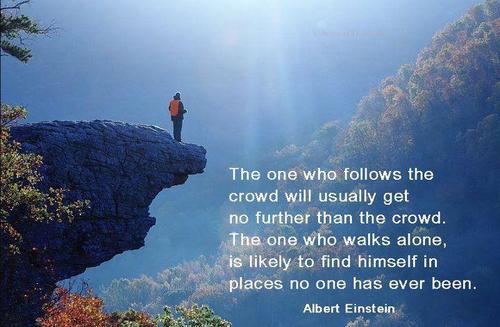
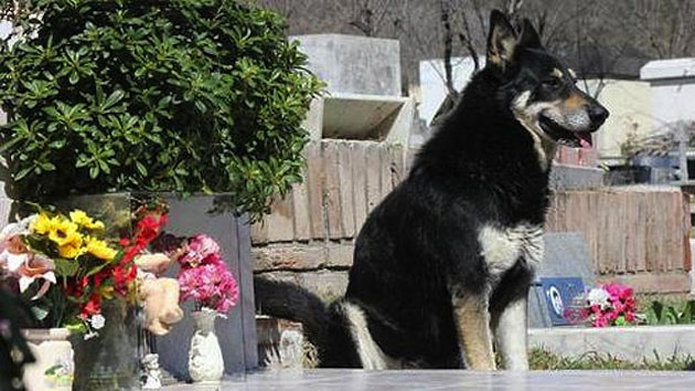
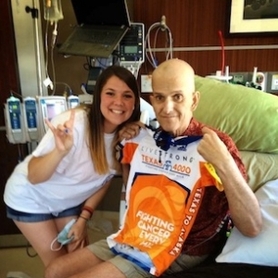
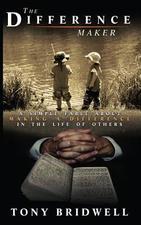
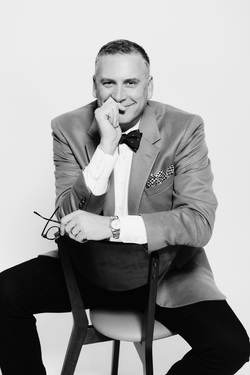
 RSS Feed
RSS Feed